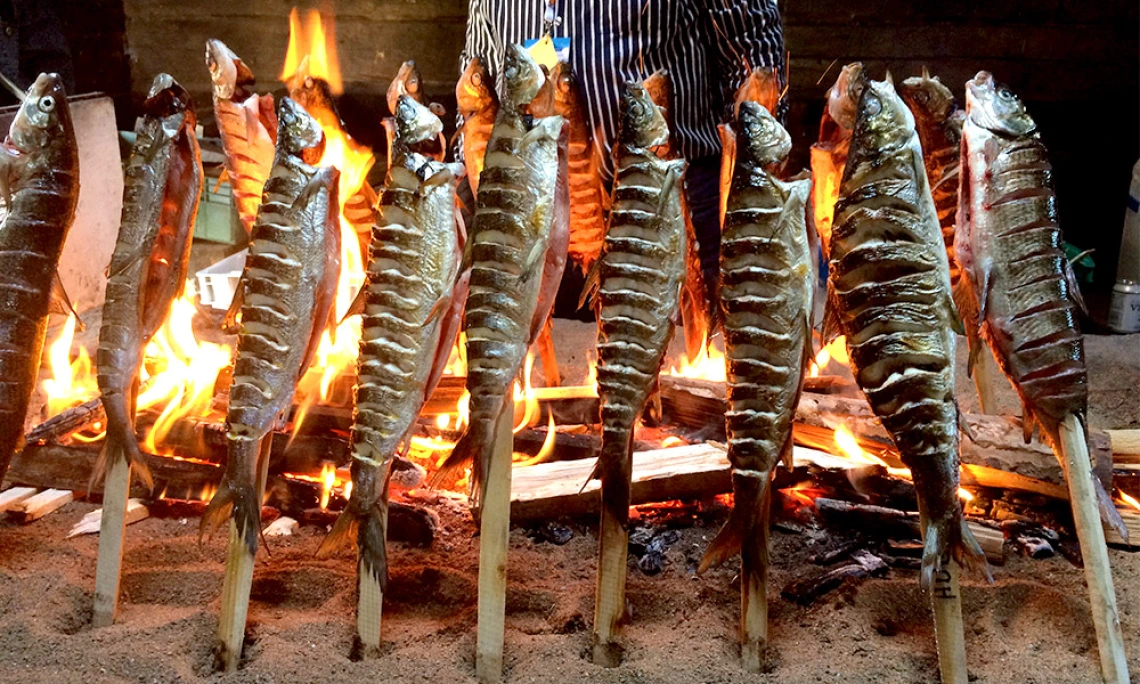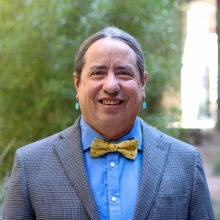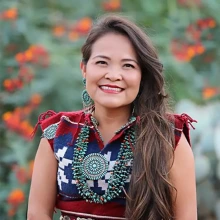
When


The food sovereignty movement has been a powerful force that, over the past several decades, has changed international trade institutions, property rights, and human rights law. Indigenous communities have been part of that movement and have affected how food sovereignty is used and understood as an idea.
KEY QUESTIONS:
- Why is food sovereignty a concern of international trade, property, and human rights law?
- How has food sovereignty been used by Indigenous communities and tribal governments as a means of strengthening Indigenous governance?
- How might different Native nations want to critically think about food sovereignty in order to decide whether it is an idea and movement worth engaging with, and if so on what terms?
Course Format
Students will meet on campus for three consecutive days at the James E. Rogers College of Law at the University of Arizona.
Readings and Syllabus
Syllabus will be posted on UArizona's online learning platform, D2L, along with required readings to all registered students.
Attendance & Participation
This course will be delivered in person at the University of Arizona. Participants must attend all 3 classes to receive a passing grade. Exceptions will be made only at the faculty's discretion.
Registration
After registering online, participants will receive a receipt of registration. Subsequently, participants will receive class instructions 1-2 weeks before the start of the course.



